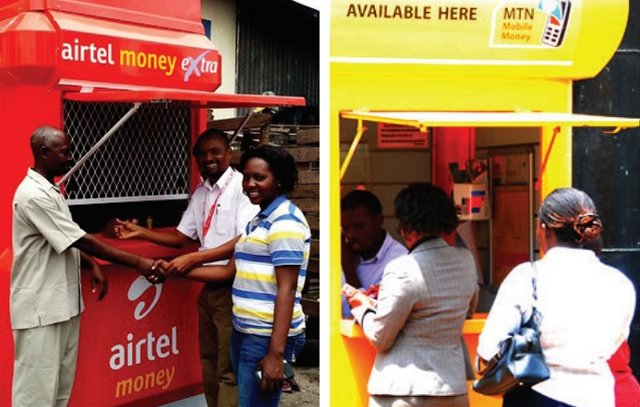What began in Uganda as simple mobile transfers has transformed into an expansive ecosystem where mobile wallets, telecoms, and fintech firms are now central players in finance. Over the past decade, mobile money has penetrated regions banks seldom reached, enabling millions to send, receive, save, and pay without ever stepping into a bank.
Traditional banks, once defined by physical branches and ATMs, are under pressure to modernize. They’re investing heavily in online and mobile banking platforms, user‑friendly apps, and digital features that replicate the convenience and speed of mobile wallets. According to Collins Babirukamu, Senior Director of IT at the Bank of Uganda, mobile money and fintechs have forced banks to “up their game” in digital services.
Fintech startups and telecom operators such as MTN and Airtel are driving much of the change, acting as nimble disruptors. Licensed payment service providers have proliferated, supported by regulatory frameworks such as the National Payments System Act, which have enabled innovation while introducing oversight. As of August 2025, Uganda had licensed 51 payment service operators/providers.
The shift is producing impressive market numbers. As of June 2025, there were 34.6 million active mobile money accounts in Uganda, through which more than UGX 253.7 trillion was transacted in the preceding 12 months up from UGX 192.9 trillion in the same period the previous year. By comparison, commercial banks held about 24 million accounts across 20+ institutions as of mid‑2024.
Despite the rapid growth of mobile money, banks still have competitive advantages in areas such as large‑scale lending, credit issuance, and the trust that comes with established licenses. Many users still rely on banks for bigger financial commitments, savings, mortgages, and long‑term investment.
Regulators meanwhile are trying to strike a balance: fostering innovation and inclusion while ensuring consumer protection, cybersecurity, data privacy, and interoperability among platforms. BoU (Bank of Uganda) is pushing for frameworks that allow mobile wallets, fintech platforms, and banks to integrate more seamlessly.
The future is likely hybrid. The financial institutions that succeed will be those that combine the trust and scale of traditional banks with the speed, convenience, and reach of mobile money services. For many Ugandans, that means enhanced access to formal financial services, even in rural and underserved areas. The competition is no longer just banks vs mobile money it’s about who defines the future of finance.
